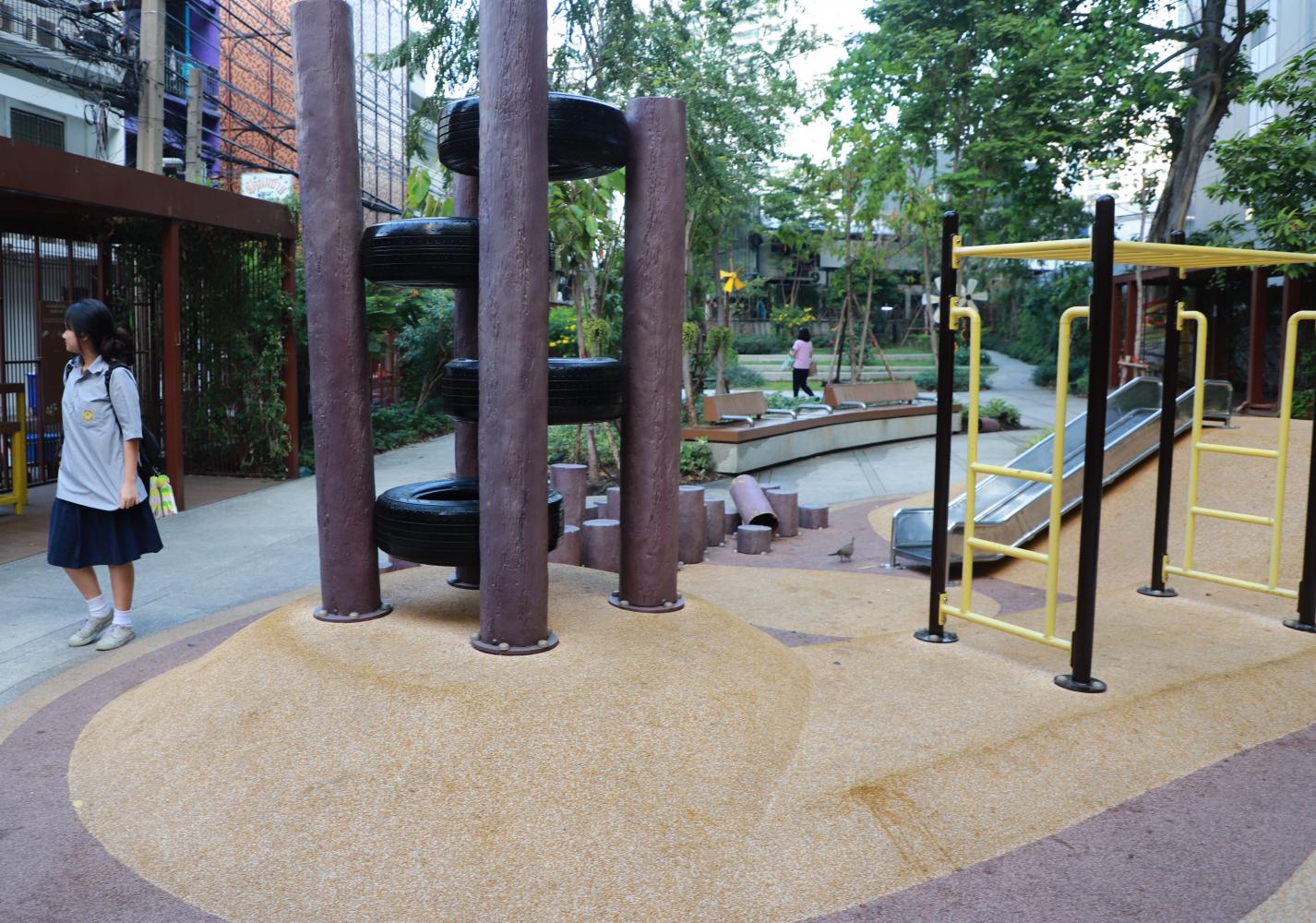Northeastern Provinces Bear the Brunt
Bueng Kan Tops Pollution Charts
The air quality crisis in Thailand has reached alarming levels, with the North and Northeast regions experiencing the most severe dust pollution. Bueng Kan province recorded the highest level of PM2.5 at 154.8μg/m3, followed closely by Nakhon Phanom at 138.9μg/m3, Nong Khai at 114.2μg/m3, and Sakon Nakhon at 101.4μg/m3. These readings far exceed the government-set safe level of 37.5μg/m3 over 24 hours.
Widespread Impact Across Regions
43 Provinces Affected by Unsafe Air Quality
The Geo-Informatics and Space Technology Development Agency (Gistda) reported that 43 provinces were blanketed with unsafe levels of particulate matter 2.5 micrometres and less in diameter (PM2.5). Hazardous-to-health levels of dust were detected in 18 northern and northeastern provinces, with 14 additional provinces facing red levels of PM2.5 ranging from 75.9 to 92.2μg/m3.
Chiang Mai’s Critical Situation
Eighth-Worst Air Quality Globally
Chiang Mai, a major northern city, has rejoined the list of top 10 polluted cities worldwide. Thick smog from rising levels of PM2.5 fine particles has forced residents to wear face masks outdoors. City governor Nirat Phongsittithaworn described the situation as a seasonal issue exacerbated by cross-border haze and local hotspots.
Government Response and Measures
Prime Minister Prioritizes Air Quality Control
Prime Minister Paetongtarn Shinawatra has pledged to make air quality control a national priority. She proposed including the issue in ASEAN discussions, acknowledging that some of Thailand’s PM2.5 pollution originates from fires in neighboring countries. Authorities have intensified wildfire control measures and public assistance efforts in response to the crisis.
Health Advisories and Precautions
Residents Urged to Seek Medical Help
Affected residents are advised to seek help from nearby public health hospitals, monitor updates, and adhere to government directives. The widespread pollution has necessitated the use of face masks outdoors, particularly in severely affected areas like Chiang Mai.
Contributing Factors to Air Pollution
Wildfires and Agricultural Practices
Wildfires continue to burn in various regions, contributing significantly to the air quality crisis. In Mae Taeng district, fire hotspots were reported between Ban Chang and Sob Poeng subdistricts. Agricultural burning practices, particularly in the northeast, generate considerable particulate matter and greenhouse gases, exacerbating the situation.
Long-term Strategies for Air Quality Improvement
Need for Sustainable Agricultural Practices
To address this recurring issue, Thailand must focus on developing sustainable agricultural practices that reduce the need for crop burning. Implementing stricter regulations on industrial emissions and promoting cleaner energy sources could also contribute to long-term air quality improvement.









